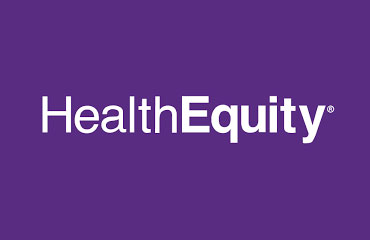HSAs are tax-sheltered accounts from which consumers may pay HSA-specific qualified medical expenses. In order to enroll in an HSA, an individual must have a qualified high-deductible health plan, or HDHP, and no other health insurance. HSAs may be funded by contributions from employers, employees or both; however, the employee opens and administers his/her own account. An HSA must be held at a qualified financial institution. Employees retain control of their HSA accounts. Unspent balances roll over from year to year and follow the employee to subsequent employers.
Employers can elect to contribute to employees’ HSAs. The IRS considers employers’ contributions to an HSA qualified medical benefits, so they are excluded from employees’ gross income. The maximum contribution amount depends on whether the individual has single or family coverage under his/her HDHP. Individuals over the age of 55 are entitled to an additional $1,000 “catch-up” contribution.
Request Information on Health Savings Accounts (HSAs).

Companies We Represent For Health Savings Accounts (HSAs)














